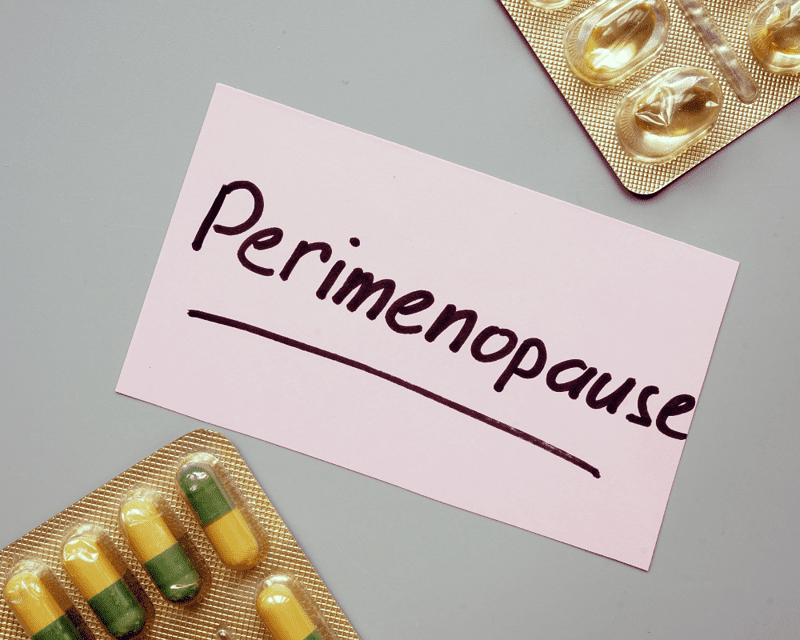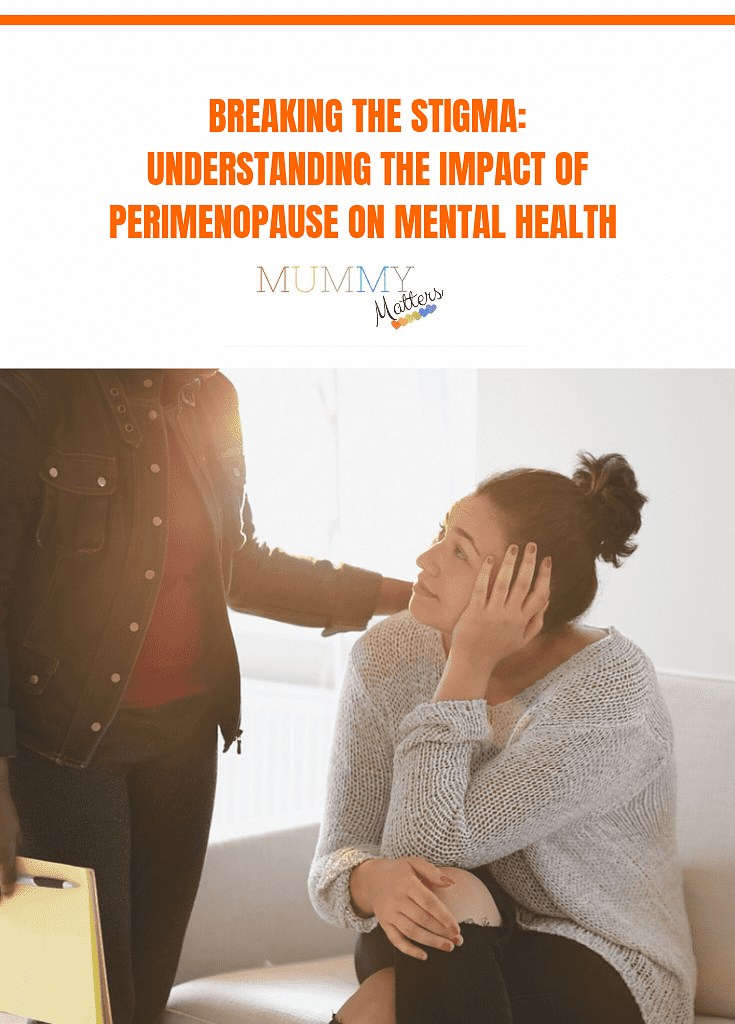In today’s fast-paced world, it can be easy to forget the importance of taking care of ourselves, especially during times of transition like perimenopause. Perimenopause is the period of time leading up to menopause when hormonal changes can cause a wide range of physical and emotional symptoms. These changes can impact a woman’s quality of life, making it important to incorporate self-care practices and seek support from loved ones and healthcare professionals.
In this article, we will explore the impact of perimenopause on mental health and ways to address it. We’ll look at the latest research on the topic, self-care practices to prioritize, and strategies to manage emotional symptoms. With the right tools and support, women can navigate this time of transition with greater ease and feel their best.
Impact of Perimenopause on Mental Health

Perimenopause is the transitional period leading up to menopause. It can be a time of significant emotional upheaval. It’s not just because you’re suddenly, magically, a woman. It’s also because the hormonal shifts of perimenopause can create unique challenges for your mental health and well-being.
You may feel a little more anxious and stressed or have trouble sleeping. Your moods may swing back and forth. This is caused by hormonal changes that occur during perimenopause, as well as stress from dealing with these changes.
The Latest Research on Mental Health and Perimenopause
Perimenopause can be a challenging time for many women. You may experience hot flashes, night sweats, and mood swings as your bodies go through hormonal changes signalling the end of fertility. These symptoms can affect your emotional health.
Recent studies have shed light on the relationship between emotional health and perimenopause. Studies have found that the hormonal changes that occur during perimenopause can lead to mood swings, anxiety, and depression. A recent study found that women who reported a history of depression were more likely to experience symptoms during perimenopause; researchers speculate this may be due to genetics.
Other studies have examined the impact of lifestyle factors like stress and sleep quality on emotional health during perimenopause. In one study, women who reported higher levels of stress were more likely to experience hot flashes and night sweats, as well as sleep disturbances. However, women with better sleep quality had fewer hot flashes and felt more emotionally stable.
There is also increasing interest in alternative therapies. More women are turning to perimenopause supplement, acupuncture, and other alternative therapies to manage the emotional symptoms of perimenopause. The popularity of these approaches indicates that women are ready for a new way of thinking about their bodies and health.
While we still have a lot to learn about the emotional health of women during perimenopause, recent research shows that by working with a doctor and incorporating self-care, mindfulness, and lifestyle changes, women can find greater peace and happiness during this time of transition.
Ways To Improve Your Mental Health During Perimenopause

The good news is that there are things you can do to help manage mental health issues during perimenopause. Here is how you can address them:
- Prioritize self-care: Regular exercise, a healthy diet, and good sleep habits can help regulate mood and reduce stress.
- Mindfulness practices: Incorporate mindfulness practices, such as meditation or journaling, to manage emotions and reduce anxiety.
- Seek support: Talk to friends, family, or a therapist for emotional support during this time of transition.
- Consider hormone therapy or alternative therapies: Consult a healthcare provider about hormone therapy or alternative therapies, such as herbal supplements or acupuncture.
- Embrace mindfulness: Mindfulness practices, such as deep breathing, can help manage emotions and reduce stress.
- Practice self-compassion: Remember to be kind and understanding with yourself and seek help if necessary.
Takeaway
In conclusion, perimenopause can be a challenging time for many women, both physically and mentally. The hormonal changes and symptoms that accompany this transitional period can create unique emotional challenges, but with the right tools and support, women can manage and even thrive during this time. By prioritizing self-care, seeking support, and incorporating mindfulness, women can find greater peace and happiness.
To find out more about the 34 symptoms of menopause and how you can change your life.


